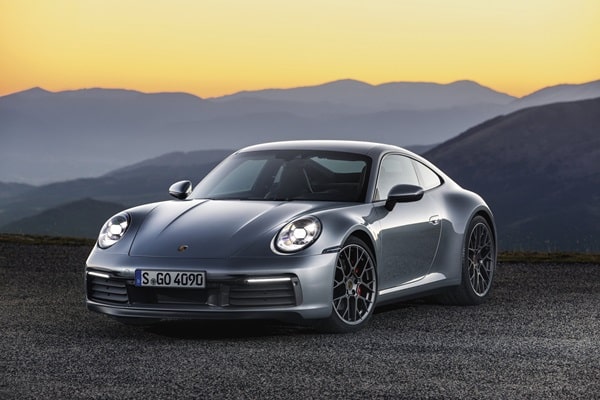Family transportation is an important decision for every household, particularly those with children. Comparing a minivan vs. SUV often becomes a critical choice as both come with their own set of advantages and limitations. The purpose of this article is to provide a detailed comparison of minivans and SUVs in terms of various factors like size, safety, fuel economy, and more. The goal is to help you make an informed decision about which vehicle would be the best fit for your family’s specific needs and lifestyle.
Contents
Breaking Down The Basics
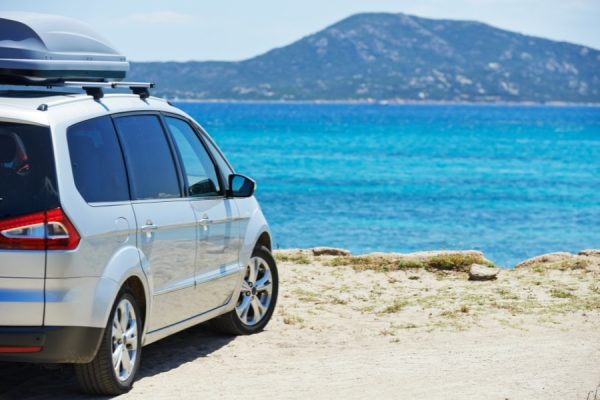
Minivans, as the name suggests, are smaller than vans and are typically designed for families. They are characterized by their flexibility, roomy interiors, and sliding doors, which make it easy for passengers to enter and exit, especially in tight parking spaces. These vehicles are built on car-like platforms, which provide smoother rides than truck-based vehicles. Often equipped with third-row seating, minivans are considered the perfect fit for large families.
SUVs, on the other hand, are known for their robust build and off-roading capabilities. Available in different sizes – from compact to full-sized, they often come with a four-wheel-drive system, offering better handling in challenging road conditions. SUVs have a higher seating position, giving a commanding view of the road. They have become a popular choice for their sporty appeal and versatility, able to handle everything from daily school runs to adventurous family vacations.
Size And Seating Capacity
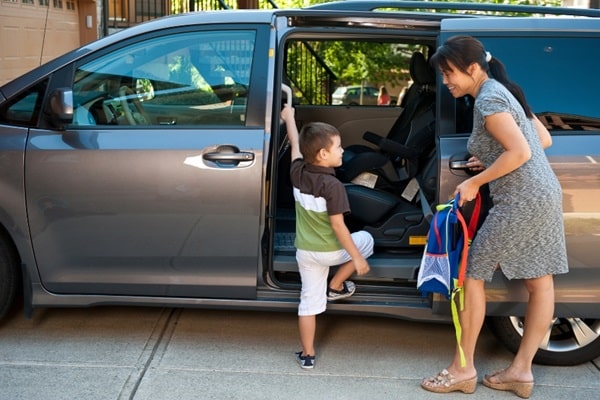
When it comes to size and seating capacity, minivans are often the more spacious option. Most minivans can comfortably seat seven to eight people, which is ideal for larger families. The low floor height makes it easy for small children and older adults to get in and out, and the multiple seating configurations allow for flexible cargo and passenger solutions. The dual sliding doors provide easy access to the rear seats, even in tight parking lots.
SUVs vary more significantly in size and seating capacity. Compact SUVs generally have seating for five, while mid-size and full-size SUVs can seat seven to eight people, like a minivan. However, third-row seating in many SUVs is less spacious and more challenging to access than in minivans. For families that often need to use all seats, this is an important factor to consider. In terms of getting in and out of the vehicle, SUVs sit higher off the ground, which may pose a challenge for smaller children or elderly family members.
Safety Features
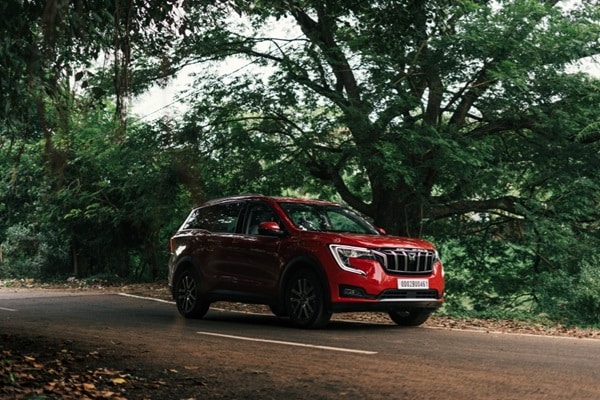
Safety is paramount when it comes to family vehicles. Minivans are generally considered safe due to their lower center of gravity, which reduces the risk of rollovers. They usually come equipped with a wide array of safety features, including automatic emergency braking, lane departure warnings, blind-spot detection, and rear-view cameras. Furthermore, the fact that minivans are primarily designed for families means that safety has always been a priority in their design and functionality.
SUVs, on the other hand, have significantly improved their safety features over the years. While they historically had a higher risk of rollovers due to a higher center of gravity, technological advancements have led to stability control features that help mitigate this risk. Modern SUVs now come standard with many of the same safety features found in minivans, such as automatic emergency braking, lane-keeping assist, and forward collision warning.
Fuel Economy

Fuel economy is another significant consideration for families as it directly impacts the household budget. Due to their car-like design, Minivans are typically more fuel-efficient than larger SUVs. As of recent years, many minivans offer fuel economy numbers that hover around the low to mid-20s MPG (miles per gallon) in combined city and highway driving. This can result in significant savings over time, particularly for families that do a lot of driving.
On the other hand, SUVs, particularly larger models, often have lower fuel economy due to their heavier weight and less aerodynamic shape. Smaller, compact SUVs can offer competitive fuel economy numbers to minivans, but mid-size and full-size SUVs generally fall behind. However, it’s worth noting that some SUVs offer hybrid or electric versions, which can significantly improve fuel efficiency and are an excellent choice for eco-conscious families.
Cargo Space
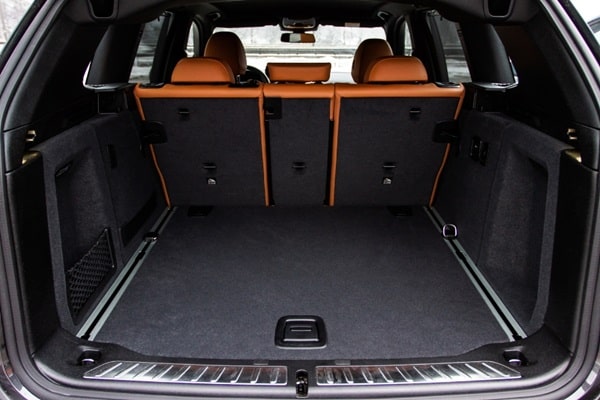
The ability to carry a lot of luggage, groceries, and sports equipment is another advantage of minivans. They offer a significant amount of cargo space, especially when the third-row seats are folded down. Some models even feature second-row seats that fold into the floor, offering a virtually flat loading surface for more oversized items. This is particularly useful for families that require a versatile vehicle for different activities such as long trips, moving large items, or even camping.
SUVs also offer substantial cargo space but with some caveats. While mid-size and full-size SUVs can compete with minivans in terms of cargo space, the space can be less usable due to the sloping roofline and wheel wells that intrude into the cargo area. Also, the cargo space in many three-row SUVs is significantly reduced when the third row is in use. This can be a crucial factor for large families who need to use all the seats and still carry a lot of cargo.
Maneuverability And Driving Experience
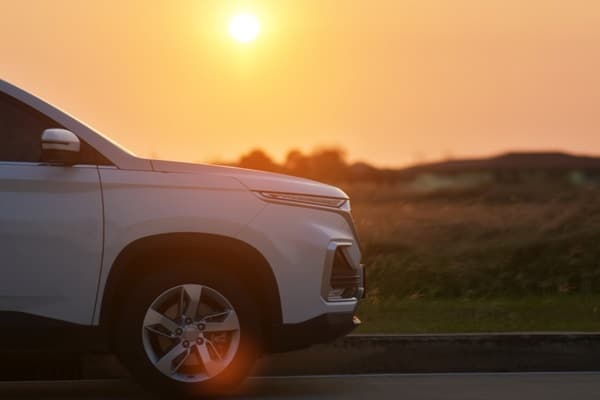
Minivans, due to their car-like platform, generally provide a comfortable and smooth ride, making them suitable for daily commuting and long-distance travel. Their lower center of gravity contributes to better stability and less body roll in corners compared to taller SUVs. Furthermore, their compact size relative to full-size SUVs makes them easier to park and maneuver in tight city spaces.
In contrast, SUVs, particularly larger ones, can feel bulkier to drive and park, especially in crowded city streets. However, many people appreciate the higher seating position in an SUV, which offers a better view of the road ahead. In addition, SUVs shine in off-road conditions. Their four-wheel-drive systems and higher ground clearance make them suitable for rough terrains and adverse weather conditions, offering capabilities that a minivan simply cannot match.
Comfort And Luxury

Minivans are often marketed toward families and typically focus on practicality over luxury. However, that doesn’t mean they skimp on comfort. Many modern minivans come equipped with creature comforts such as leather seats, dual-zone climate control, and rear-seat entertainment systems. Some even offer high-end features like heated and ventilated seats, built-in vacuum cleaners, and advanced infotainment systems with large touchscreens.
SUVs often have a broader range of options, from basic to luxury models, enabling families to choose according to their preferences and budget. SUVs often come equipped with comparable comfort features to minivans, and higher-end models can offer a truly premium experience with features like panoramic sunroofs, high-end audio systems, and advanced driver-assistance systems. Some SUVs even venture into luxury car territory with high-quality interior materials, sophisticated design, and cutting-edge technology.
Maintenance And Reliability

Minivans have a reputation for reliability and durability, which is a vital aspect for families who depend on their vehicles for daily activities. Maintenance costs are typically lower for minivans as they’re built on car platforms and share many parts with sedans and hatchbacks, which are often cheaper to repair or replace. Moreover, minivans are less likely to be driven aggressively, which can also contribute to their longevity.
SUVs, particularly larger, more luxurious models, can sometimes be more expensive to maintain. Parts can be pricier, and fuel costs can add up due to lower fuel efficiency. However, like minivans, many SUVs are known for their reliability. It’s essential to check reliability ratings and owner reviews for the specific make and model you’re considering, as reliability can vary significantly among different SUVs.
Comparing A Minivan Vs. SUV Is A Personal Choice!
Ultimately, the choice between a minivan and an SUV boils down to your family’s lifestyle, needs, and preferences. Both offer unique strengths, with minivans generally providing better fuel economy, interior space, and lower costs, while SUVs often offer more versatility, a higher driving position, and better off-road capabilities. When making this decision, it’s crucial to think about your family’s day-to-day life and driving habits. Whatever your choice, ensure it provides safety, comfort, and utility that matches your family’s needs, as your family vehicle plays an integral role in creating memories for years to come!
